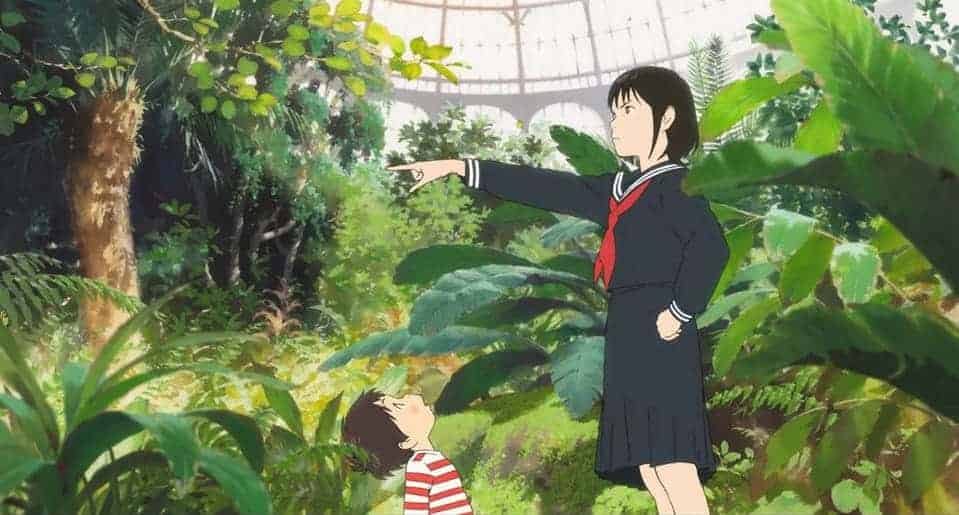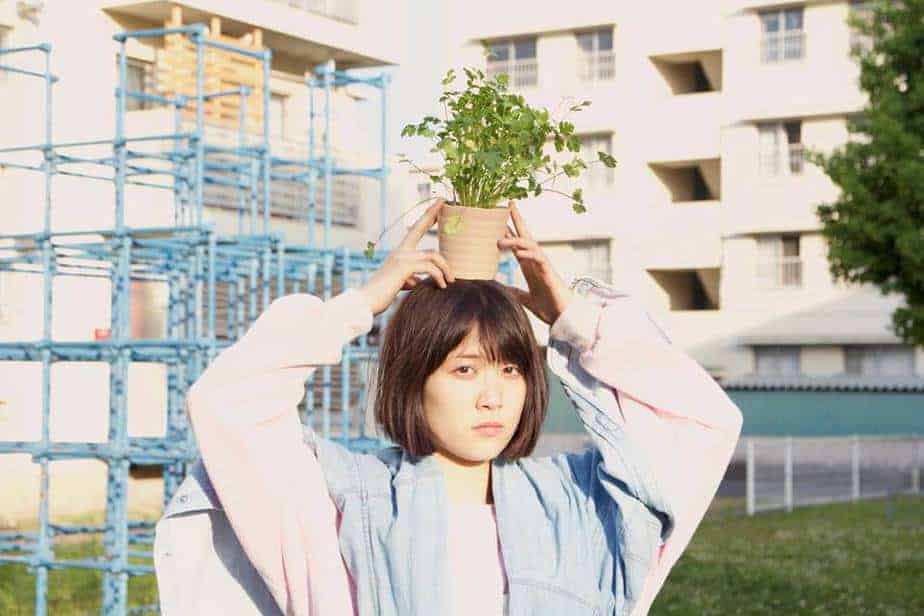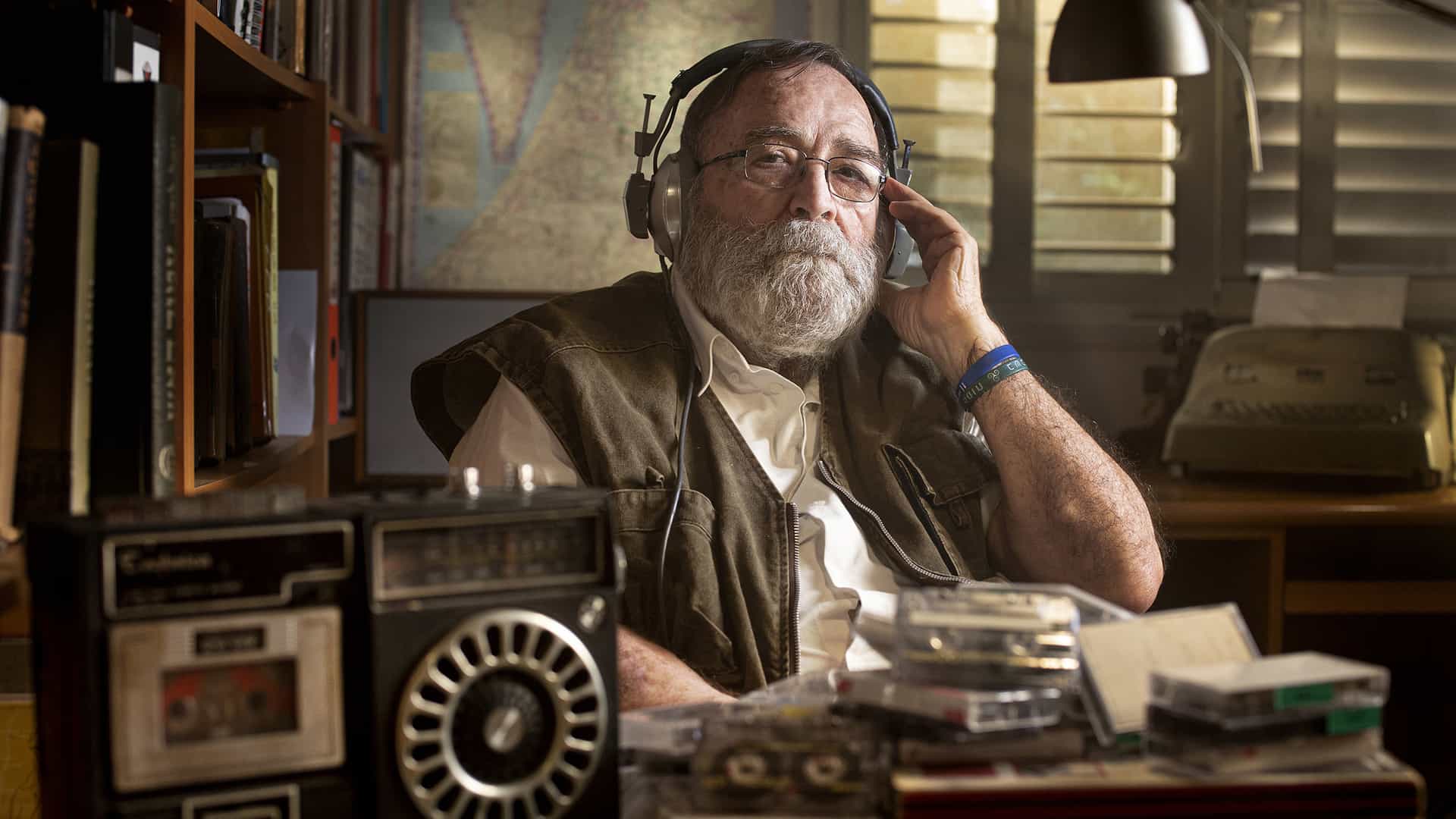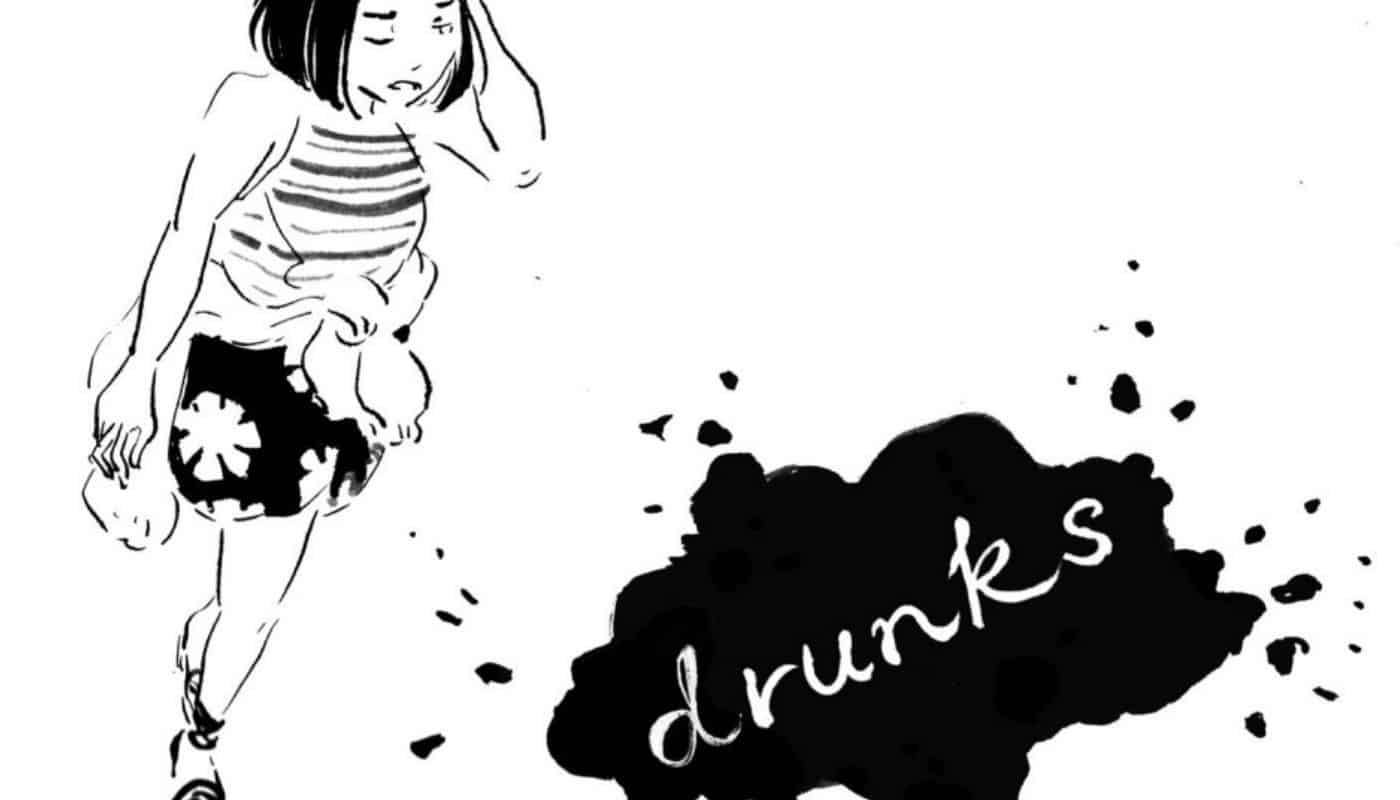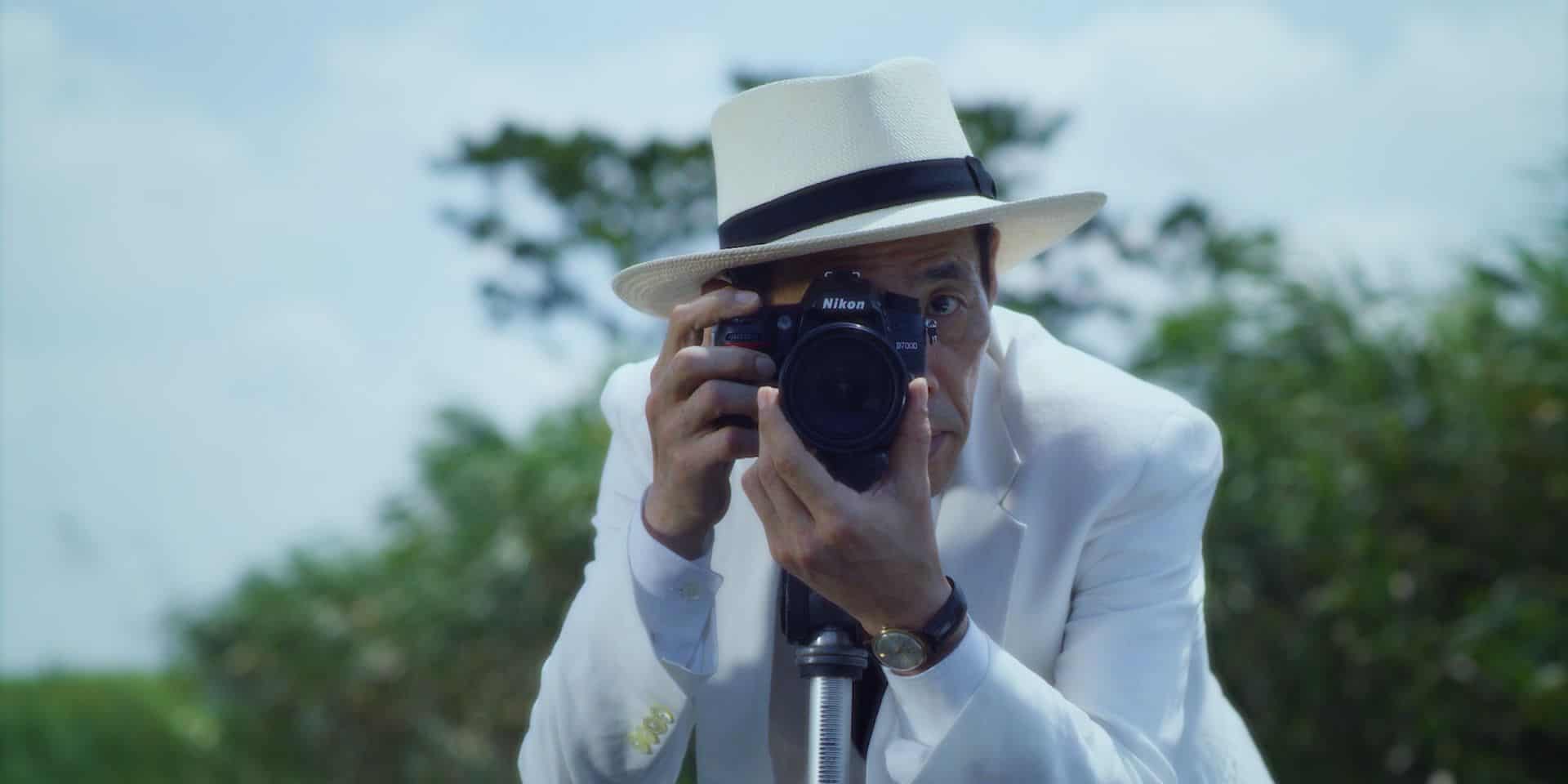Director Mamoru Hosoda, founder of production house Studio Chizu, has brought us some very compelling and imaginative anime films during the latest years like “The Boy and The Beast” and “Wolf Children”, and even techno-savvy “Summer Wars”, that had a strong family presence in the background. “Mirai” is no exception in facing yet another aspect of family life and it takes it further exploring what makes one and ultimately, what makes us the way we are.
“Mirai” is screening at Anime Film Festival 2019

Kun is a happy boy. He has young and dynamic parents, owns a lovely dog Yukko and lives in a funky modernist house, designed by his architect dad, complete with an enclosed garden. He also has a playroom all for himself that he likes to fill with train sets, which he loves and whose names he knows by heart.
But this idyllic order of things will be soon disrupted by the arrival of little baby sister Mirai. Mum and dad do their best to share love and care equally, but babies are suckers for attention and Kun will inevitably feel excluded. To make things worse, mum is going back to work very soon, leaving dad in charge of home duties and baby caring.
Too many changes too quickly for Kun and his frustration resolves in bouts of tantrums and naughty violence against baby Mirai. Kun is angry and frustrated, he doesn't know what is happening in his life but sure it hurts a lot! But one day, the pressure of all these emotions become too hard to bear and something magical happens in the garden under the oak tree. Kun starts to experience some visions and visits from another dimension. First is Yukko the dog in a funny human form that explains the boy the meaning of jealousy. Yukko too had his fair share of it when Kun was born and was taking all the attentions away from him. Kun seems reassured at first but it is just a little step forward; soon enough, some sorts of anxiety or disappointment reappear. And every time this happens, someone comes to visit him. There is a teenager version of Mirai coming from the future, a child version of his mum, a young version of his great-grandfather and so on. Every one of them is a little part of Kun family history and they are all leaves of the family tree, whose spirit is living in the thick and lush oak tree in Kun's garden.

“Mirai” has a very relatable story; many of us have been there at some point, either as a sibling or as a parent. I found myself remembering exactly the feelings of seeing my baby brother for the first time and having – like Kun – that fit of disappointment in realizing he wasn't going to get up and play with me any time soon! And also like Kun, wanting to give him the unsuitable name of my favorite toy. It really shows that the director (whose own daughter is called Mirai) has based the movie on his own parental experience.
But jealousy and sibling rivalry is also a pretext for dwelling on a deeper matter. It starts in fact, as a lovely anime about a common problem that resonates with many of us and it deals with it in a cute and childish way, but halfway through it takes – quite abruptly – a more dramatic turn with some sinister adventures of Kun lost in a striking futuristic Tokyo Central Rail Station, as a dark metaphor of his lack of sense of belonging. It is a thought-provoking and imaginative scene that reveals the maturity of the film and the firm resolution to take it further than the “kawaii” zone.

Growing up is also stepping away from self-centeredness and accepting the idea of belonging to a “tree”, a net of connection between present and past and between our relatives and us.
The animation is of a top standard and one of the best things of it is the incredibly plentiful and realistic display of facial emotions and expressions, from the tiny baby Mirai to the troubled Kun and the confused mum and dad, and all rendered from a little kid's point of view. Backgrounds are detailed and accurate; the contemporary stylish home is a perfect source of textures (wonderful wood paneling), volumes and contrasts (like with the Hinamatsuri dolls).
“Mirai” is a charming and heartwarming trip to a better understanding of our ground, starting easy and getting, along the way, more challenging and rewarding at the same time.


